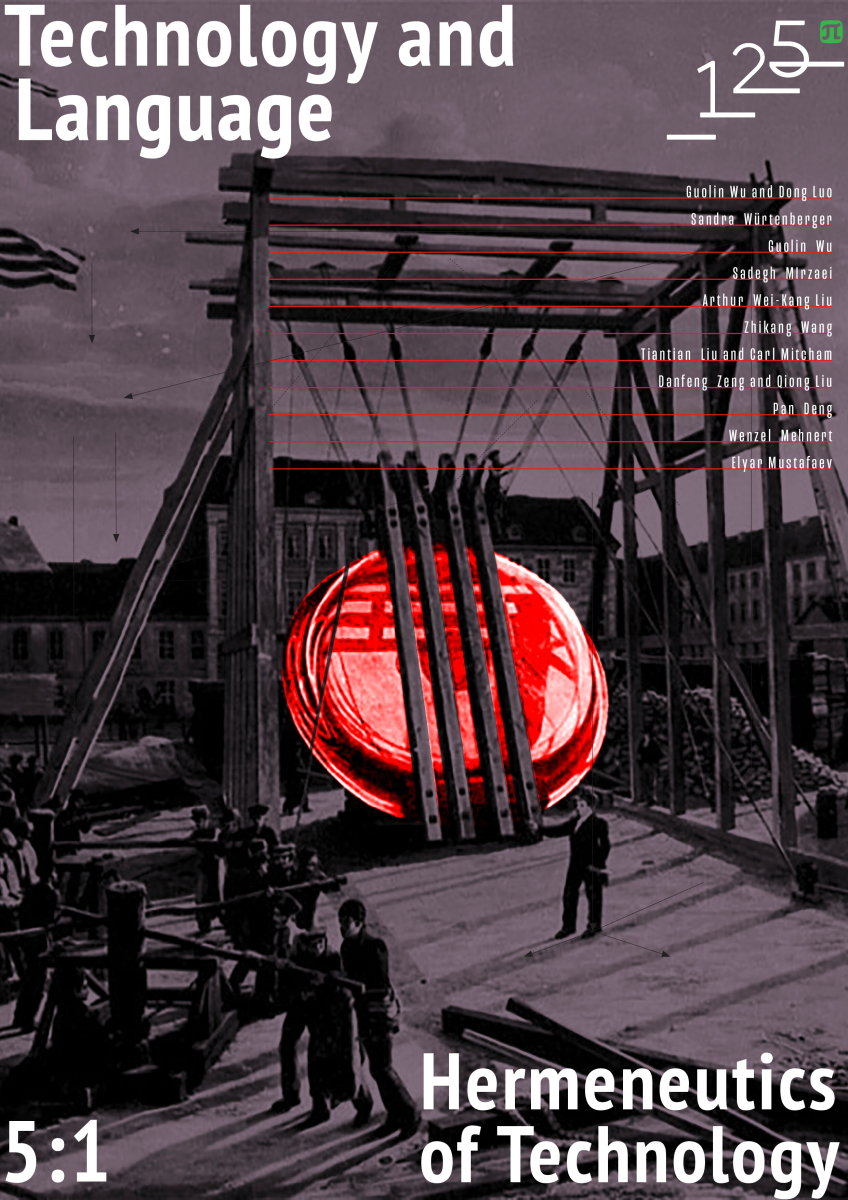Productive Indeterminacy: On the Relationship between Play and Science
Over the course of the last two hundred years theories and discourses on play have differentiated in many ways. They are confronted with a multifaceted field of play phenomena and playful activities as well as with a history of manifold play objects, play materials and playgrounds. Both sides - theories and historical phenomena - have not yet found a convincing correspondence, especially since in research, efforts predominate to view regulated and contingent activities as games, or to interpret a play or a game as a symbol, metaphor, function, etc. of something else. In most cases, this 'something else' refers to what is called 'the real thing' in everyday life. But if playing is not the real thing, we cannot experience anything real, fundamental or true in it. It never gets beyond the stage of preparation, simulation or distraction with the result that relations of play to science, knowledge and technology are completely left out. The following contribution takes a completely different approach and sees play as a factor constitutive of culture, that is both as a productive dynamic and as well as a result of culture. The approach is to see play as a special combination of movement and encounter and the player as someone who participates in his surroundings in a mode of productive indeterminacy. The thesis is that the latter is a prerequisite for every form of getting to know as well as of insight.



